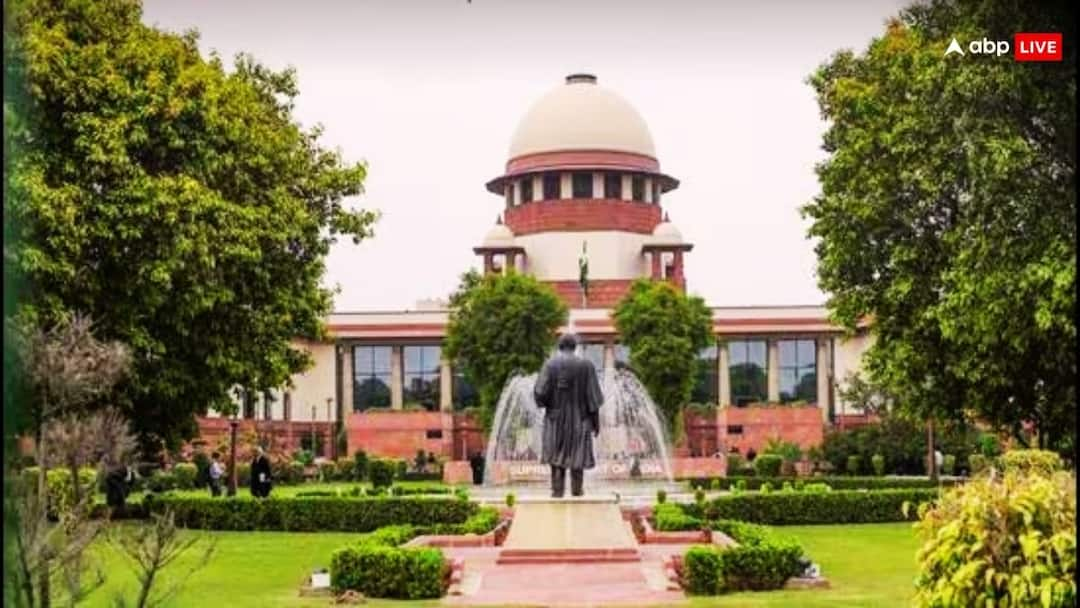In a landmark ruling, the Supreme Court on Thursday declared that every arrested individual must be provided with the grounds of arrest in writing and in a language they understand, regardless of the offence or statute involved. Strengthening constitutional protections for personal liberty, the apex court held that failure to supply written grounds of arrest at the time of detention would not invalidate the arrest, as long as the written reasons are provided within a reasonable time and at least two hours before the arrestee is presented before a magistrate for remand proceedings.
A bench comprising Chief Justice B.R. Gavai and Justice Augustine George Masih delivered the judgment in the Mihir Rajesh Shah vs State of Maharashtra case, arising from the high-profile Mumbai BMW hit-and-run incident of July 2024. Justice Masih, who authored the 52-page judgment, stated that the constitutional requirement under Article 22, ensuring that a person is informed “as soon as may be” of the reasons for arrest, is not a procedural formality but a fundamental safeguard of liberty.
“This Court is of the opinion that to achieve the intended objective of the constitutional mandate of Article 22 of the Constitution of India, the grounds of arrest must be informed to the arrested person in each and every case without exception, and the mode of the communication of such grounds must be in writing in the language he understands,” the judgment said.
The Court further held that the requirement applies to all offences under all statutes, including those under the Indian Penal Code, 1860. It added that where immediate written communication is not possible, the arresting officer may explain the reasons orally, but must still provide them in writing within a reasonable time, and in any case no later than two hours before the remand hearing.
Failure to comply, the bench warned, would render the arrest and subsequent remand illegal, making the detainee “entitled to be set free.”
The Supreme Court also directed its registry to circulate copies of the judgment to all Registrars General of High Courts and Chief Secretaries of States and Union Territories.
Citing earlier rulings, the bench observed that merely communicating the reasons in a language not understood by the accused does not meet the constitutional standard, and doing so “renders the safeguards under Articles 21 and 22 illusory.”
The case stemmed from appeals filed by Mihir Rajesh Shah, accused in the 2024 Mumbai BMW hit-and-run case, who had challenged the legality of his arrest on the ground that he was not provided written reasons as required by law. Although the Bombay High Court acknowledged a procedural lapse, it upheld his arrest citing the gravity of the offence.



